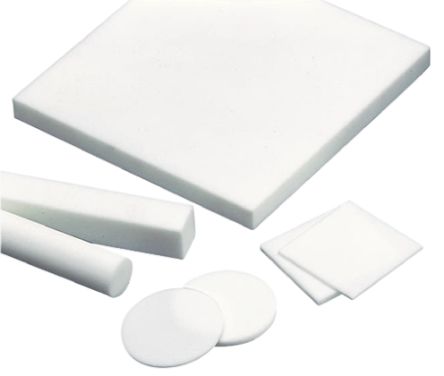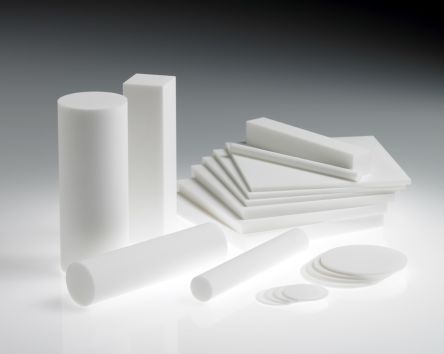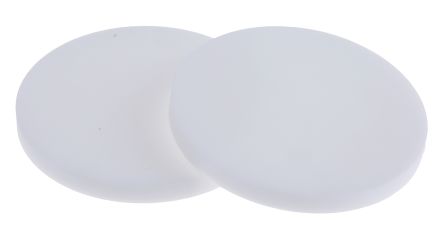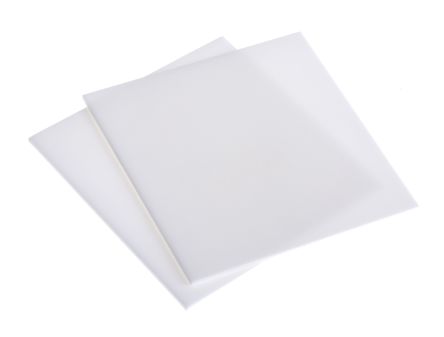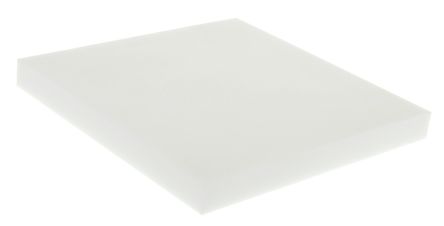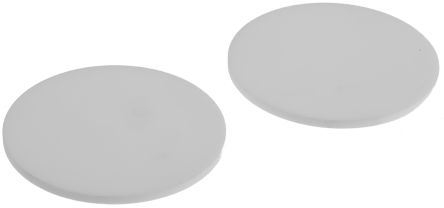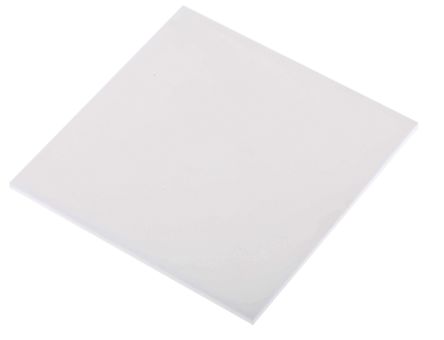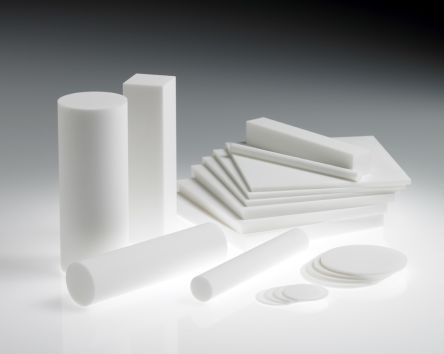- Automation & Control Gear
- Cables & Wires
- Enclosures & Server Racks
- Fuses & Circuit Breakers
- HVAC, Fans & Thermal Management
- Lighting
- Relays & Signal Conditioning
- Switches
- Batteries & Chargers
- Connectors
- Displays & Optoelectronics
- ESD Control, Cleanroom & PCB Prototyping
- Passive Components
- Power Supplies & Transformers
- Raspberry Pi, Arduino, ROCK, STEM Education & Development Tools
- Semiconductors
Ceramic Sheets
These ceramic sheets, boards, tiles and discs are easily machinable and have excellent resistance to high temperatures, abrasives and chemicals with low thermal conductivity.
Although the nature of ceramics means that some may show poor shock resistance, they are tough and highly polish-able considering their comparatively low densities.
What are ceramics?
Comprised of non-organic, non-metallic materials, they are radiation resistant and lead free. Ceramics hold tight tolerances for electrical insulators with zero porosity and no out-gassing, they can also be soldered to a wide range of materials. Ceramic Sheets come in a variety of options including different thickness, shape and dimensions. Our products range from 1mm to 10mm thick
Common Ceramic applications
A Ceramic sheet or board can be used in a variety of industrial applications including:Constant and high vacuum environmentsLaser technologySemiconductors and ElectronicsAerospace, Space technologies and similar industriesMedical and laboratory equipment
Types of ceramics
Machinable glass ceramic - Recognised worldwide to be a major technological innovation, as well as a technical solution for a wide range of industrial applications.
Glass - not always considered a ceramic because of its amorphous (noncrystalline) character. However, its mechanical properties are similar to ceramic materials and glass-making itself involves several steps of the ceramic process.
Bio ceramics - Specially formulated to have suitable bio-compatibility for biotechnology and medical applications.
How are ceramic material made?
Usually made by mixing together clay, earthen elements, powders and water. They are then shaped into whatever form they will be used to produce the desired outcome. After this has been done the Ceramic is then fired in a high temperature oven known as a kiln.
